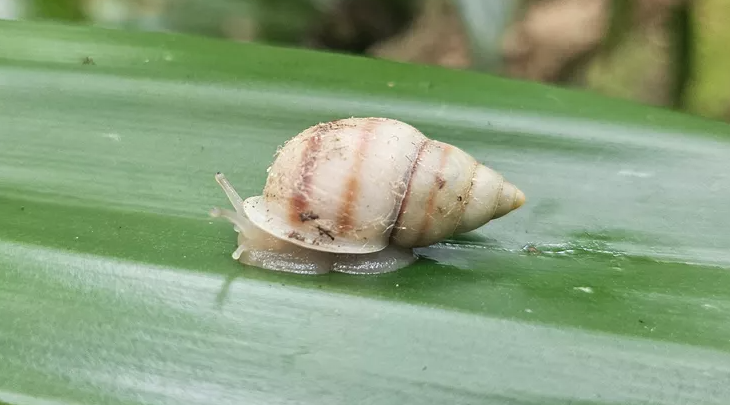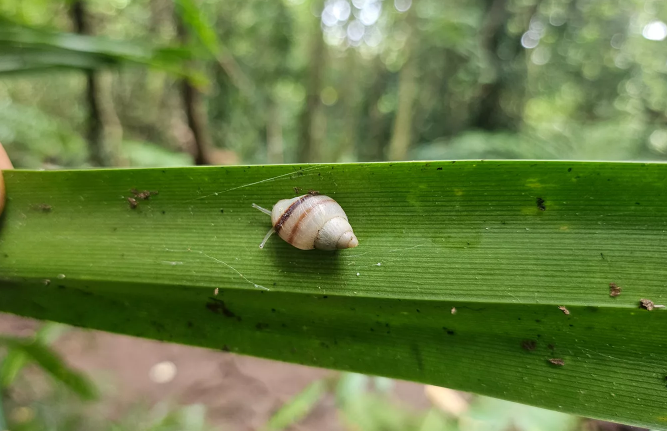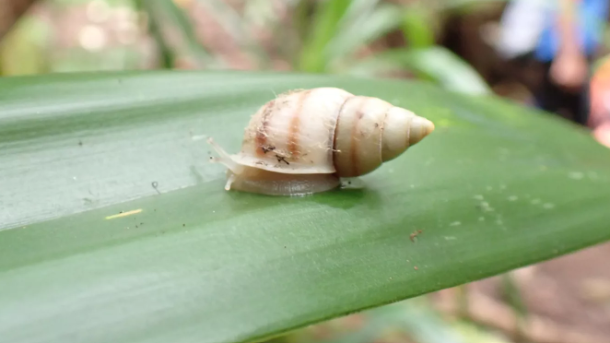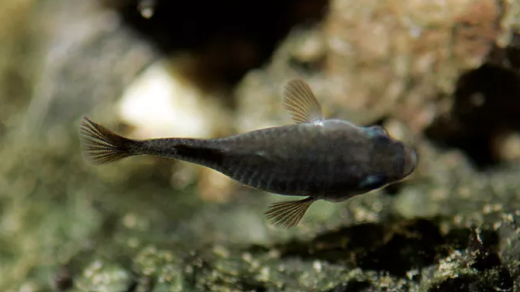Partula tohiveana snails, once thought to be lost forever in the wild, have been reclassified as critically endangered by the IUCN Red List. This tiny, rare species has defied the odds thanks to a dedicated, decades-long conservation effort led by the Zoological Society of London (ZSL) and its international partners. Once considered extinct in the wild, the comeback of Partula in its native French Polynesia marks a major milestone in conservation efforts.

Partula Tohiveana: A Symbol of Hope for Endangered Species
The success story of Partula illustrates the power of collaboration and persistence in conservation. Through a global partnership involving organizations like the French Polynesian Government, Cambridge University, and several zoos, this small mollusk has returned from the brink. The conservation program, which started in the 1980s, involved breeding the snails in controlled environments, where they were cared for until they could be reintroduced into the wild. The release of these snails back into their natural habitat in French Polynesia is a testament to the strength of international conservation efforts.

The Global Effort to Save Partula
The reintroduction of the Partula snail is just one part of a larger initiative to restore endangered species in the Pacific region. Zoos from around the world have participated in this program, including the St. Louis Zoo, which has been crucial in raising and transporting thousands of these snails to Tahiti for release. The remarkable recovery of the Partula snail shows that with the right effort, even the most vulnerable species can be brought back from the edge of extinction.
Source: www.people.com



